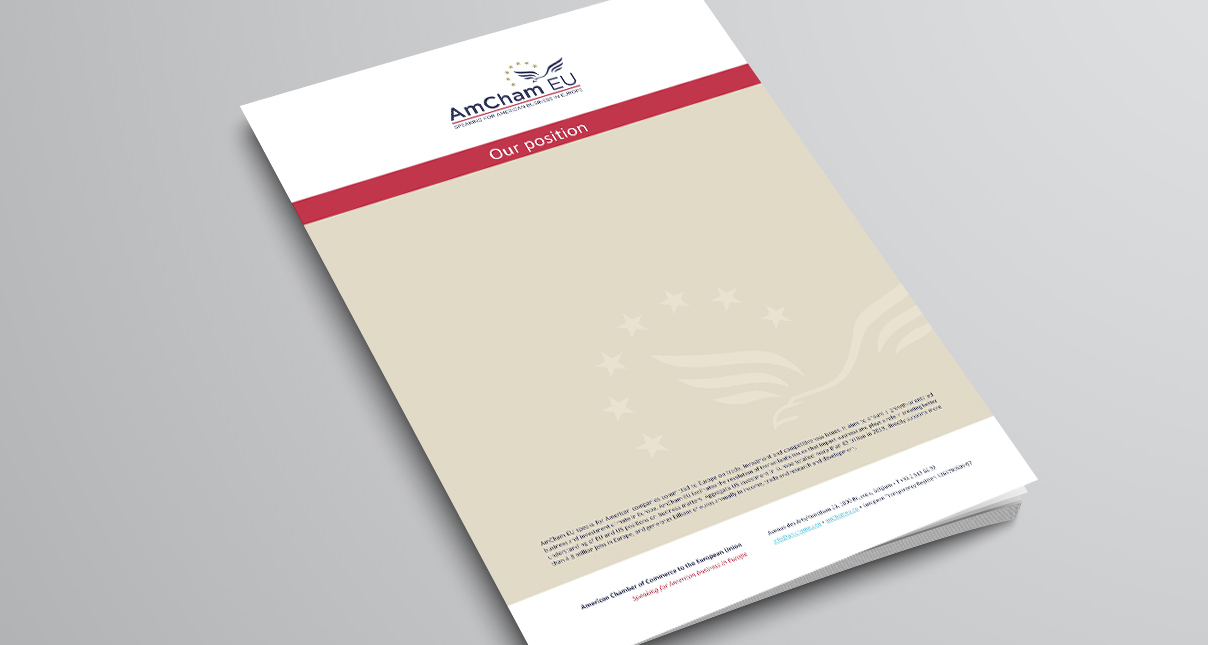You are here
Simplification

For American businesses in Europe – 84% of which cite the EU’s regulatory burden as a primary barrier to further investment in the region – simplification is an opportunity to realign EU legislation with the foundational principles of only acting at EU-level when it brings clear value and ensuring rules are limited to what is necessary. Over the past years, the EU has introduced more and more unclear, duplicative and prescriptive regulation that has a disproportionate impact on businesses. A simplified regulatory environment should still ensure the EU's goals are met, but just in a manner that is predictable and practical for companies.
For upcoming and existing legislation, AmCham EU recommends six principles to guide simplification across all sectors. When combined with systematic competitiveness checks, focusing on these areas will help the EU deliver speed and flexibility and reduce regulatory burdens for companies operating in the region.

Regulation should be focused on creating ways to achieve policy objectives that don’t depend on rigid compliance mechanisms. To encourage investment and innovation, the EU should reduce obligations that disproportionately hinder business operations.

Regulation should be predictable and practically feasible for companies to implement. For example, abolishing overlapping or duplicative regulations; or enabling ‘single agency’ reporting so that companies only have to produce one report for one authority on similar matters.

Before introducing any new directives or regulations that are similar or parallel to existing regulatory frameworks, the Commission should take stock of whether existing frameworks are being properly enforced and implemented, with all necessary guidelines in place.

EU regulation must ensure greater harmonisation across Member States. Where legislation is necessary, it should avoid a patchwork of differing national or regional frameworks.

While simplification is underway, businesses should not be made to comply with legislation that could materially change. Compliance with regulatory requirements requires costly investments from companies that diverts resources away from core business operations. To give businesses legal certainty, any simplification proposal should consider whether, and how, the EU can stop the clock on existing compliance requirements for companies of all sizes.

Many EU regulatory frameworks have significant implications for global business operations and compliance. Simplification gives EU policymakers an opportunity to find regulatory alignment with other countries and avoid significant conflicts that create complexity for businesses with a global footprint.
Our work on simplification

